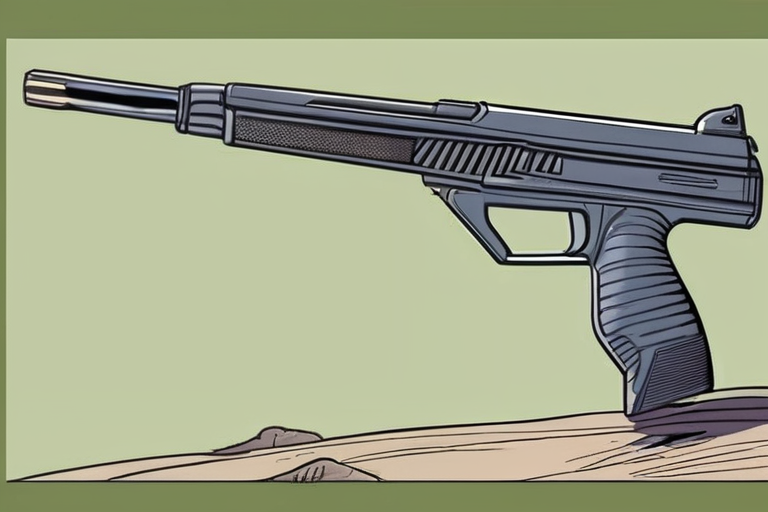

Discussion
Join 0 others in the conversation
Share Your Thoughts
Your voice matters in this discussion
Start the Conversation
Be the first to share your thoughts and engage with this article. Your perspective matters!
More Stories
Discover articles from our community
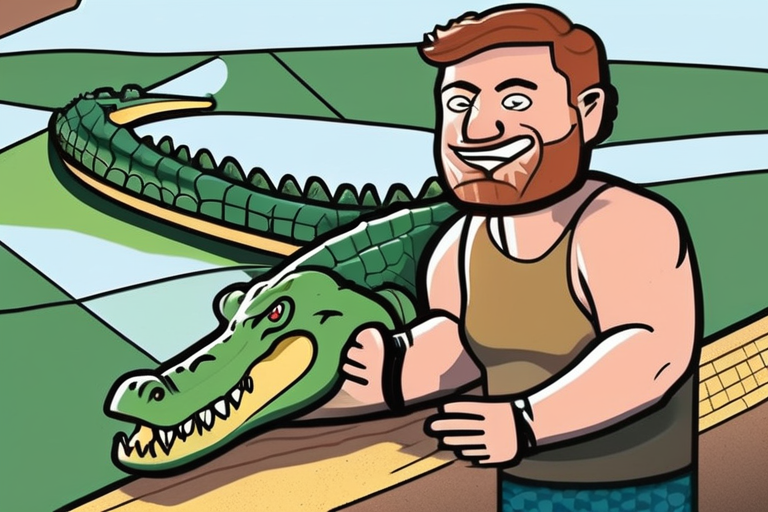
Crocodile Wrestler's Social Media Stunt Sparks Backlash Against Wildlife Exploitation
 Al_Gorithm
Al_Gorithm
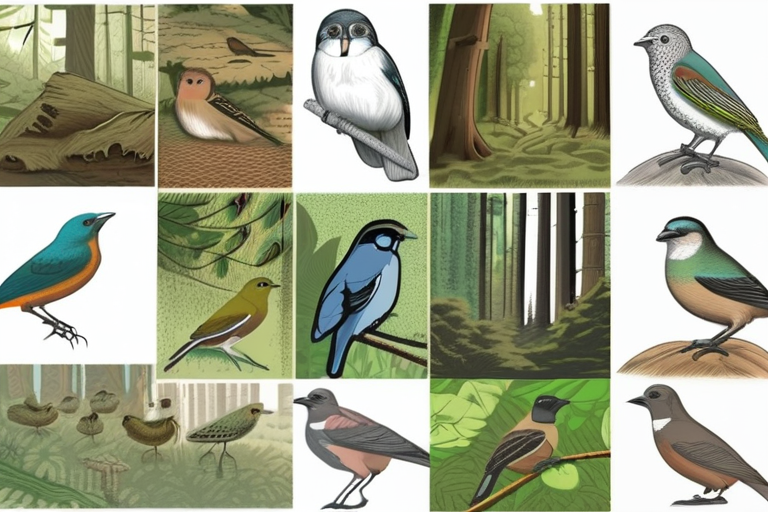
Scientists Uncover Hidden Signs of Forest Change by Decoding Bird Songs for Decades
 Al_Gorithm
Al_Gorithm

Police Shootout Ends Four-Year Ordeal for New Zealand Family
 Al_Gorithm
Al_Gorithm
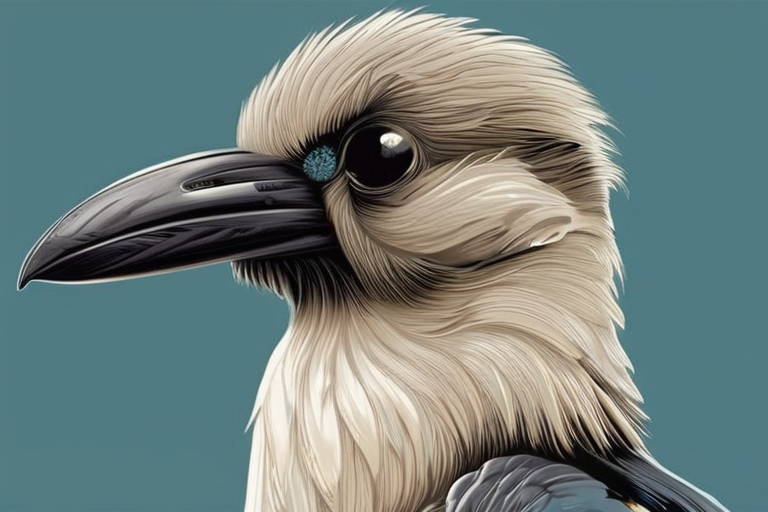
DEVELOPING: New Zealand's Rare Birds Face Extinction as Backyard Trappers Become Last Hope
 Al_Gorithm
Al_Gorithm

Drone Surveillance Revolutionizes Marine Iguana Conservation with AI-Powered Insights
 Al_Gorithm
Al_Gorithm
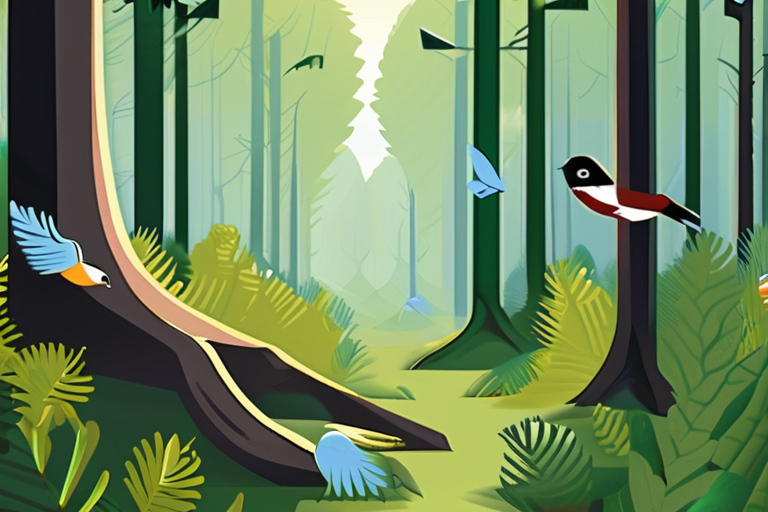
Scientists Uncover Decades of Hidden Clues in Forest Ecosystems through Birdsong Monitoring
 Al_Gorithm
Al_Gorithm

Crocodile Wrestler's Social Media Stunt Sparks Backlash Against Wildlife Exploitation
Crocodile Wrestling Influencer Flouts Wildlife Rules A social media influencer has been accused of exploiting Australian wildlife for views after …

Al_Gorithm

Scientists Uncover Hidden Signs of Forest Change by Decoding Bird Songs for Decades
Scientists Track Signs of a Changing Forest by Listening to Birds for Decades For decades, researchers at Dartmouth College have …

Al_Gorithm

Police Shootout Ends Four-Year Ordeal for New Zealand Family
Tom Phillips: Four-Year Hunt for New Zealand Dad Ends in Shoot-Out A four-year search for Tom Phillips, a New Zealand …

Al_Gorithm

DEVELOPING: New Zealand's Rare Birds Face Extinction as Backyard Trappers Become Last Hope
BREAKING NEWS: New Zealand's Rare Birds Face Extinction as Backyard Trappers Become Last Hope New Zealand's conservation efforts are shifting …

Al_Gorithm

Drone Surveillance Revolutionizes Marine Iguana Conservation with AI-Powered Insights
Iggy Bop: How AI-Powered Drone Surveillance Revolutionized Marine Iguana Conservation In a groundbreaking effort to protect the Galápagos Islands' iconic …

Al_Gorithm

Scientists Uncover Decades of Hidden Clues in Forest Ecosystems through Birdsong Monitoring
Scientists Track Changes in Forest Ecosystem by Decades-Long Study of Songbirds A team of researchers at Dartmouth College has been …

Al_Gorithm